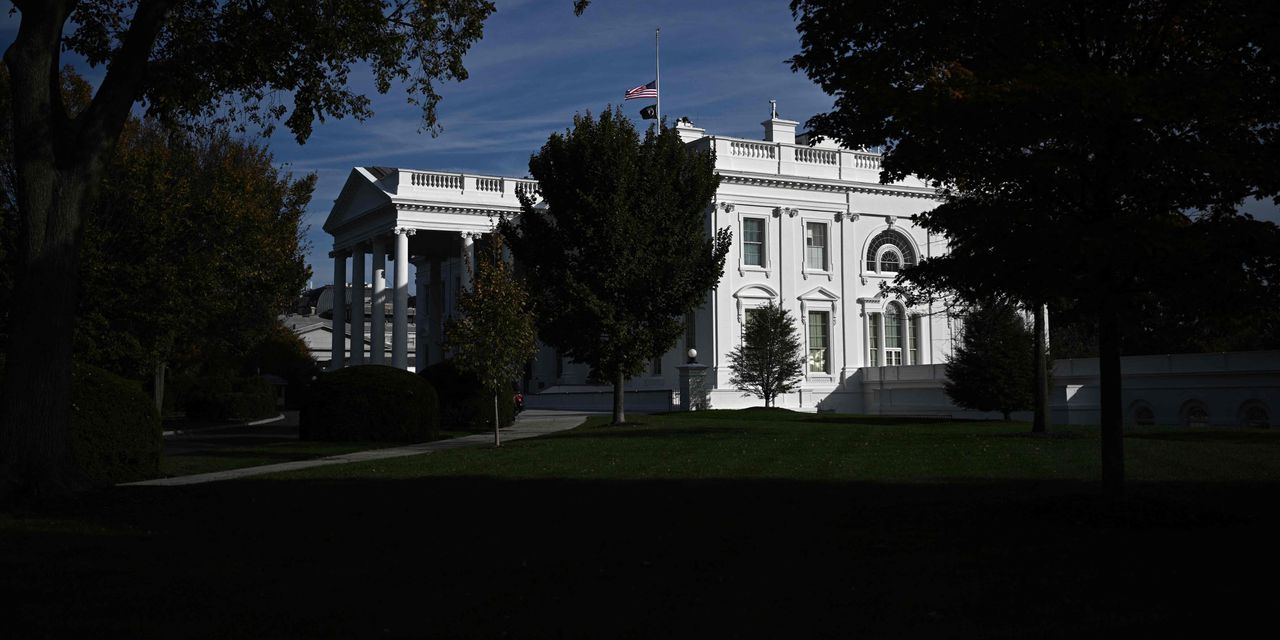- cross-posted to:
- [email protected]
- cross-posted to:
- [email protected]
The White House kicked off a multiagency push on Friday to help finance real-estate developers convert more office buildings in big cities emptied by the pandemic into affordable housing, taking aim at the nation’s housing crisis.
The initiative looks to harness an existing $35 billion in low-cost loans already available through the Transportation Department to fund housing developments near transit hubs, folding it into the Biden administration’s clean energy push.
It also opens up additional funding sources and tax incentives, offering a new guidebook to 20 different federal programs that can be tapped by developers and offers technical assistance in what can end up being tricky and expensive conversions.
A third peg of the program will see the federal government draw up a public list of buildings it owns that could be made available for sale to help bolster development.



It’s even possible to do without those incentives. Or at least it was before interest rates spiked.
I know of 2 buildings in my city that were converted in the 2016-2019 timeframe.
Both had to have the interiors gutted and new interior walls built, new plumbing on the floors added, new curtain wall glass, upgraded elevators, new HVAC and upgraded electrical.
It was a multi-year project (so no revenue and plenty of expense for a couple of years), but both have full residential occupancy now, where in the several previous years they were around 50% office occupancy.
.
That said, given current borrowing costs, going without revenue for a couple of years during construction is not going to appeal to many owners unless there is some other incentives.
A very specific set of stars need to align for this to be in the owner’s financial interest without additional financial incentives, but it does occur sometimes.
Just like with high rise construction, you start at the bottom and get those occupied while you work your way up.